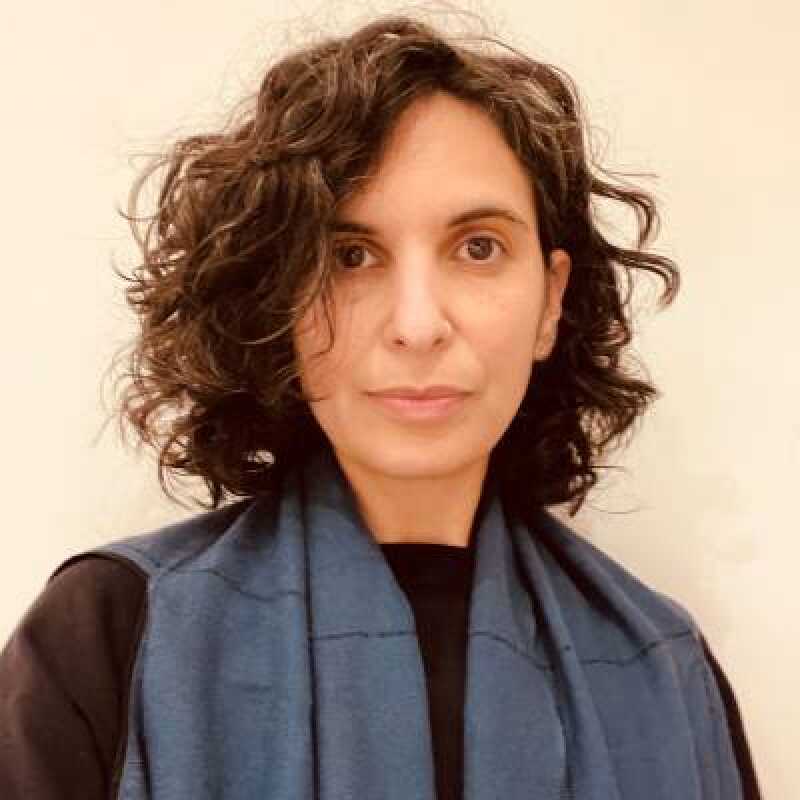- University of Kent
- School of Social Sciences
- People
- Dr Jennifer Leigh
Dr Jennifer Leigh


Dr Jennifer Leigh MRSC is a chemist turned interdisciplinary sociologist with a particular interest in using embodied, reflective, and creative practices for social justice. Her work includes addressing and highlighting experiences of marginalisation in academia, science and society due to intersectional factors including disability (ableism), gender, race and/or ethnicity, caring responsibilities and socioeconomic factors.
Dr Leigh developed Embodied Inquiry, a transformative approach for capturing robust data, facilitating trust, creativity, community and the emotional connections required to motivate change. She applied it in scientific spaces with, rather than on, scientists to address and highlight the experiences of underrepresented groups that are often left unheard. Her embodied perspective has enabled her to challenge ableist and exclusionary assumptions, open discourses and change inclusion practices by raising awareness of intersectional marginalisation. For example, she was lead author on the National Association for Disabled Staff Networks’ STEMM Action Group white paper ‘Towards an inclusive environment for disabled researchers in STEMM’.
Furthermore, she developed SupraLab, a SciComm channel dedicated to showcasing scientific life and highlighting work around equality/equity, diversity, inclusion and accessibility (EDIA). She has also supported underrepresented researchers and instigated change in the UK, Europe, US, Ghana and South Africa. Professor Leigh has pioneered publications of empirical qualitative and creative social science approaches within top-ranked science journals, including Angewandte Chemie International, Nature Chemistry, Nature Reviews Chemistry, eLife, Chem and Chemical Science including subjects such as Pregnancy in the Lab and Listening to Fathers in STEM.
Dr Leigh is the winner of multiple prizes, most recently the Royal Society of Chemistry 2025 Diversity and Inclusion Prize for leading exceptional and innovative interdisciplinary evidence-based research addressing and highlighting systemic discrimination and amplifying underrepresented groups to create intersectional and inclusive research cultures in chemistry and science. Just before that she was recognised as a Shaw Trust Disability Power 100 member for her work in Education and Research.
An internationally in demand speaker Dr Leigh recently spoke at the Royal Institute about Why We Need to Worry About Disability in Science and at the Royal Society of Chemistry’s Global Women’s Breakfast.
Before joining academia in 2010 Dr Leigh qualified as a science teacher with a specialism in chemistry and had 10 years of experience as a bodyworker, movement therapist and movement artist. She worked privately, within schools, for Primary Care Trusts, SureStart Centres, Local Education Authorities, charities and with organisations including the Birmingham Royal Ballet. Her PhD is from the University of Birmingham and used creative methods within a phenomenological exploration of how young children perceived, expressed, and reflected on their sense of embodiment through movement. Dr Leigh has written extensively about reflection, reflexivity, and embodied reflective practice. She developed Embodied Inquiry as a process of using embodied approaches to study, explore or investigate a topic and has collaborated with Rambert School of Ballet and Contemporary Dance.
Her recent books are; Borders of qualitative research: Navigating the lands where qualitative research, therapy, education, art, and science connect (2023, Policy Press), Women in Supramolecular Chemistry: Collectively crafting the rhythms of our work and lives in STEM (2022, Policy Press, open access), Embodied Inquiry: Research Methods (2021, Bloomsbury), Ableism in academia: Theorising lived experiences of disability and chronic illness in higher education (2020, UCL Press, open access), and Conversations on embodiment across higher education: Teaching, practice, and research (2019, Routledge). Her next book How to thrive in laboratory life: A toolkit from the Women in Supramolecular Chemistry Network will be published by Routledge in 2026 as part of their Insider Guides to Academia series.
Dr Leigh’s research interests centre around embodied experience, how innovative and creative research methods can add depth, richness, honesty and emotion to experience, and include reflective practice, reflexivity, the ethics of research, the boundaries between research, therapy, art and science, and how these relate to work and practices.
Recent funded projects include the role of qualitative approaches in enhancing interdisciplinary teams’ reflexivity and creativity in the gendered environment of supramolecular chemistry (Royal Society), inclusive and accessible laboratory spaces (Royal Society of Chemistry), increasing the visibility of Black women in chemistry and SciComm in a collaboration with EFeMS (Royal Society of Chemistry), increasing inclusivity and equity in research culture (Future Leaders Fellows Plus), and science outreach and public engagement (Royal Society of Chemistry and Royal Society).
· Becoming a Social Researcher – SAPX4100
· Education in a Global World – SOCI5017
· Write Right
· Reading Social Research – SAPX4130
· Concepts and Measurements in Social research – SAPX4150
· Researching Bodies and Gender – SOCI6021
Externally, Professor Leigh has a number of roles, including:
Loading publications...
Showing of total publications in the Kent Academic Repository. View all publications